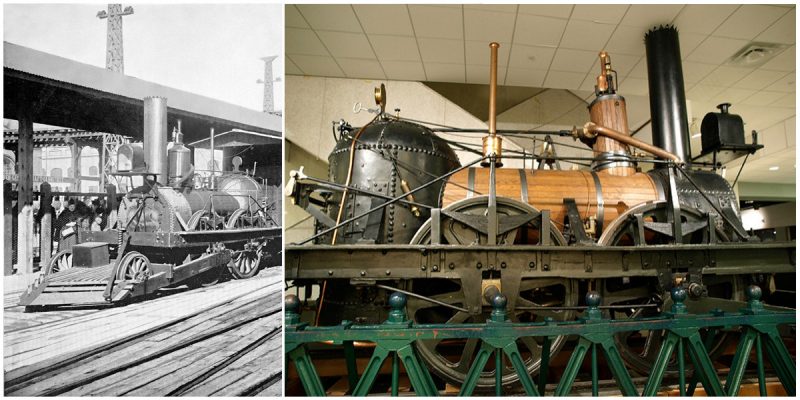The John Bull was an early steam locomotive that was constructed in England and then shipped to the United States. It was operated for the first time on September 15, 1831, and it became the oldest operable steam locomotive in the world when the Smithsonian Institution operated it in 1981.
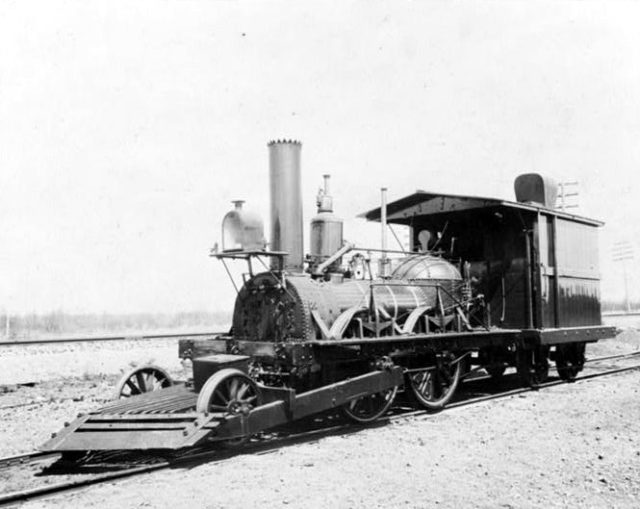
It was built by Robert Stephenson and Company and purchased by and operated for the Camden and Amboy Railroad (which later became a part of the Pennsylvania Railroad). The Camden and Amboy Railroad gave John Bull the number 1 and its first name “Stevens”.
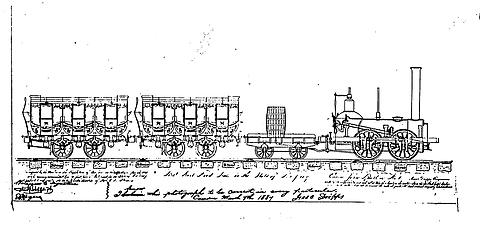
However, through regular use of the engine, crews began calling it the old John Bull which was a reference to the cartoon personification of England, John Bull. John Bull was the creation of Dr. John Arbuthnot, he was usually depicted as a stout, middle-aged, country dwelling, jolly, matter-of-fact man.
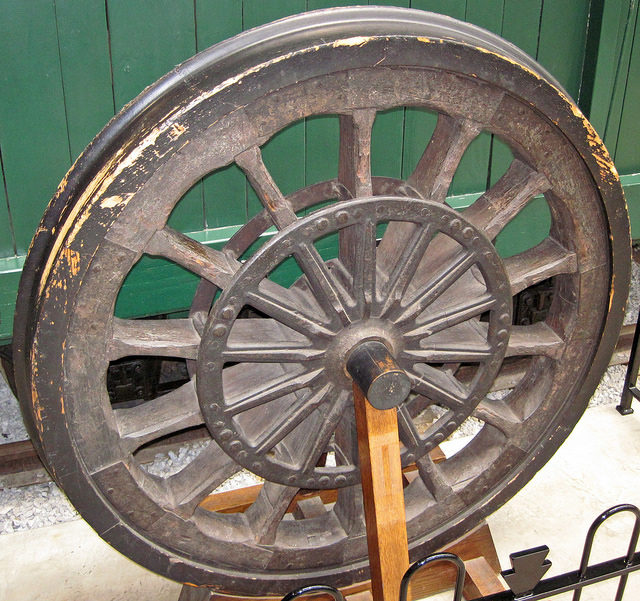
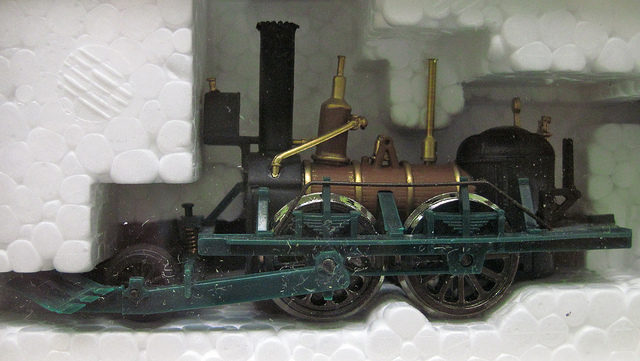
C&A workshop crews added safety features such as a bell and headlight. To protect the locomotive’s crew from the weather, C&A also added walls and a roof to the rear of the locomotive where the controls were located. Also, the steamer was given a front, pilot axle to help guide it into curves, which kept it from derailing so often. This pilot axle was also called cowcatcher which helped to move cows off of the railroad track in front of the locomotive.
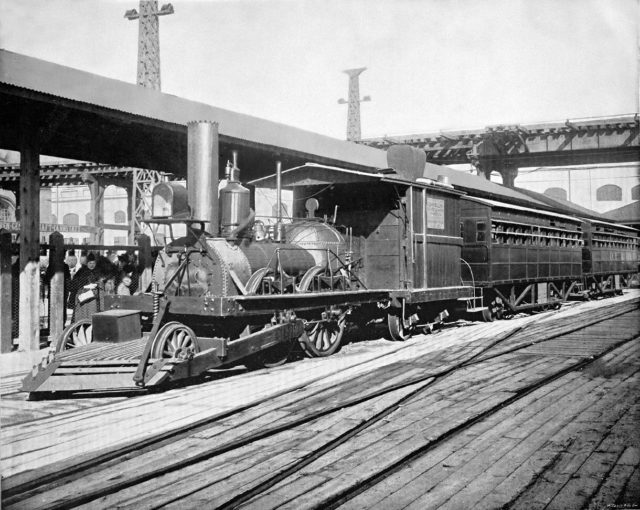
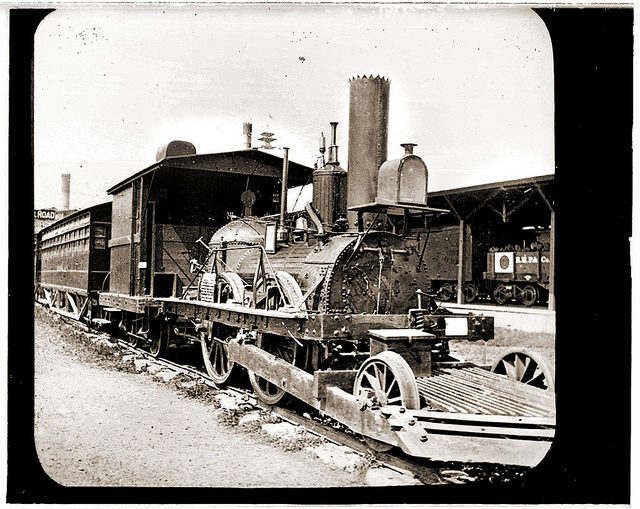
The Pennsylvania Railroad refurbished and operated the locomotive a few times for public displays. It was fired up in 1876 for the Centennial Exposition and again for the National Railway Appliance Exhibition in 1883.
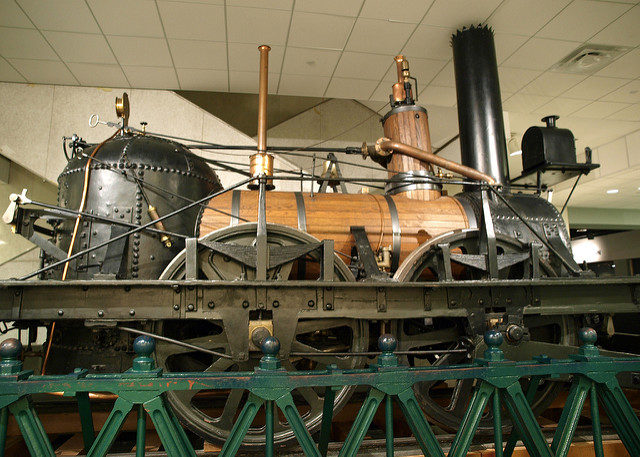
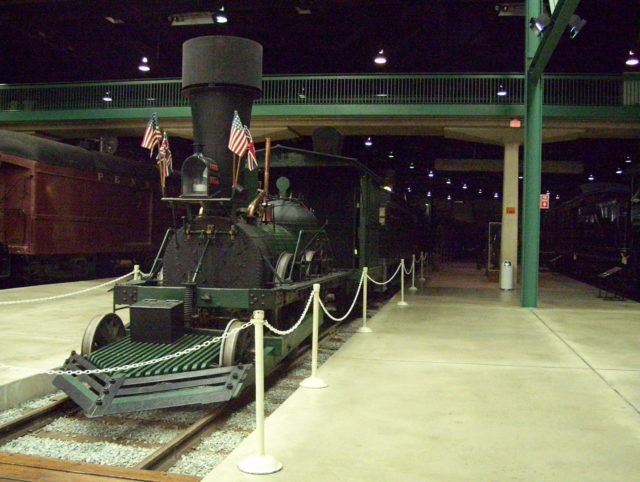
Eventually, the locomotive was acquired by the Smithsonian Institution in 1884 and was still in relatively good condition at that time. It has been on view at the National Museum of American History in Washington, D.C. since the Museum opened in 1964. A replica of John Bull, built in 1939, is owned and preserved by the Railroad Museum of Pennsylvania.
